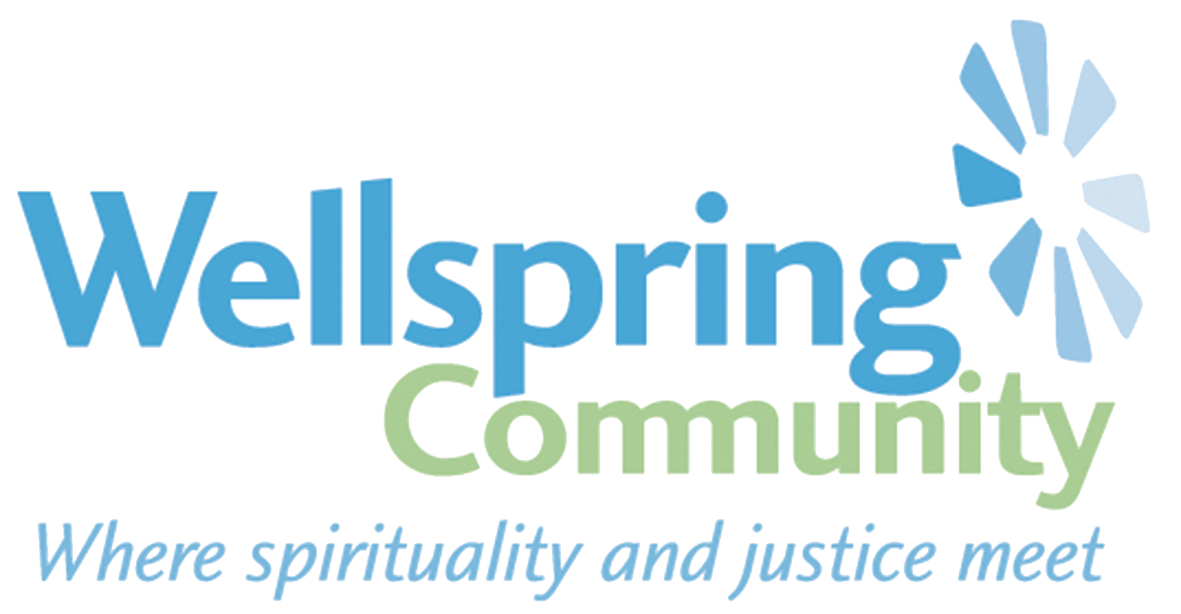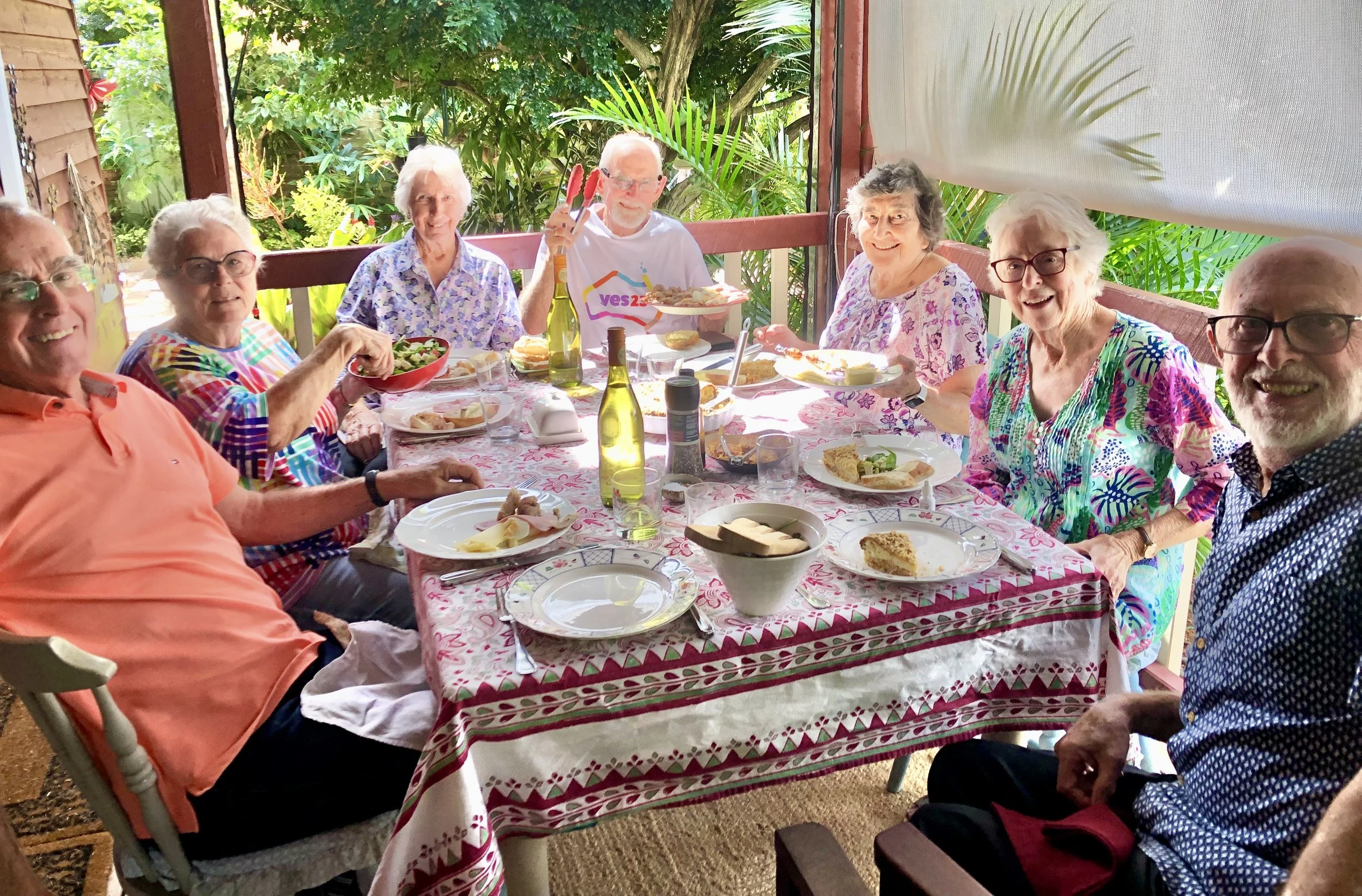God's purpose for us all is a life of wholeness, as expressed in the life and teaching of Jesus. The ministry of healing is an integral part of our Christian witness.
We each stand in need of healing, but in this ministry we recognise also the social dimension. The healing of divided communities and nations, and the healing of the earth itself, have their place alongside the healing of broken bodies, hurt minds and wounded hearts, and of the hurts and divisions within ourselves. So too our prayers are complementary to the work of medicine and other forms of healing, which are also channels of God's loving and transforming purpose.
Offering hospitality is a means of engaging in common life.
Even in a world where social isolation is a reality for some of us, we can still extend simple acts of hospitality - a phone call to a friend to ask if they’re okay, meeting in a local park for a short walk. For some it might be possible to invite a small number of people into our homes for meals or extended stays. When we share our lives in these ways, even for a short time, we can gain some benefits of the common life -and we maintain communion.
However, like the disciples, we are an imperfect people. We each bring our fears, flaws, and foibles. We each bring our idiosyncrasies, insecurities, and irritations. Yet, we are children of the Spirit: we also bring (to some degree at least) charity, joy, peace, patience, goodness, long-suffering, fidelity, mildness, and chastity. Sometimes our times of hospitality will be difficult but despite this they will be times of joy!
As we learn to share common life with the Friends and Members of the Wellspring Community we also prepare ourselves to share common life with total strangers with whom we don't share the understandings of the Community. We prepare ourselves to engage in small messianic banquets! Each time some of us extend hospitality to each other, we pledge to support each other in offering hospitality to strangers.
(With appreciation to Ronald Rohlheiser's wonderful book. The Holy Longing. (New York: Doubleday, 1999) from which all the above ideas (and many verbatim sentences) have been adapted or borrowed (pages 114-116, 120. 139-140).
“Don’t walk in front of me, I may not follow, Don’t walk behind me, I may not lead. Just walk beside me and be my friend.”



